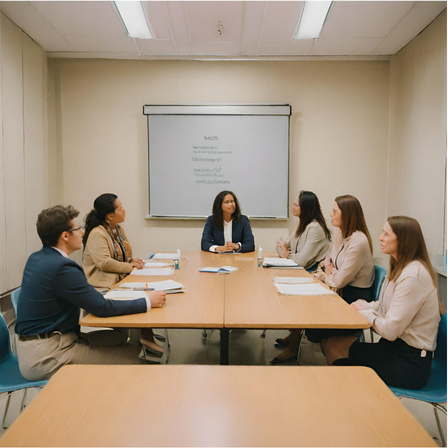The Autism Services Research Group
The Autism Services Research Group (ASRG) seeks to advance research that improves the quality of life of children, youth, and adults with autism spectrum disorders by supporting their parents, teachers, and service providers.
To improve outcomes, understanding the whole person is essential and collaboration between parents and caregivers, family members, teachers, and therapists is vital for achieving balance and success.

Each individual with autism is unique and requires personalized and tailored supports and understanding to meet specific needs and strengths.

Empowering Community-Based Interventions
Our research involves the development and testing of interventions and the study of services and outcomes of interventions. We emphasize research that has direct implications for community-based services, the shortage of trained professionals, and the need for interventions that have positive effects for all children, youth, and adults using personalized treatment planning.
